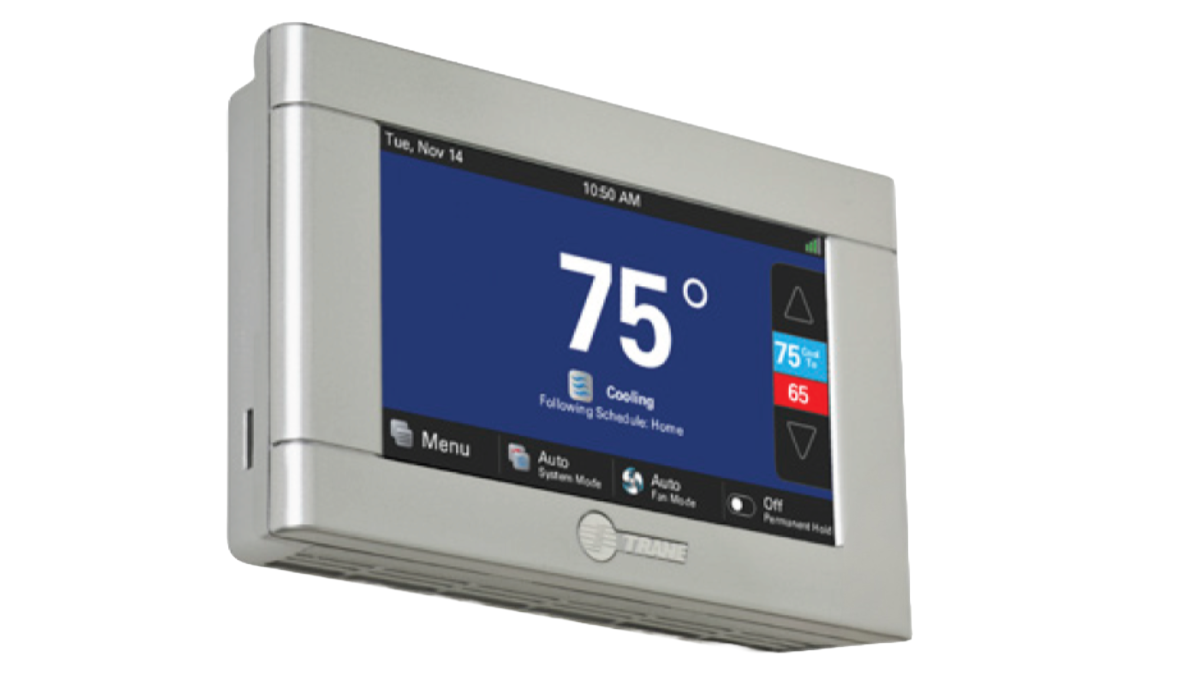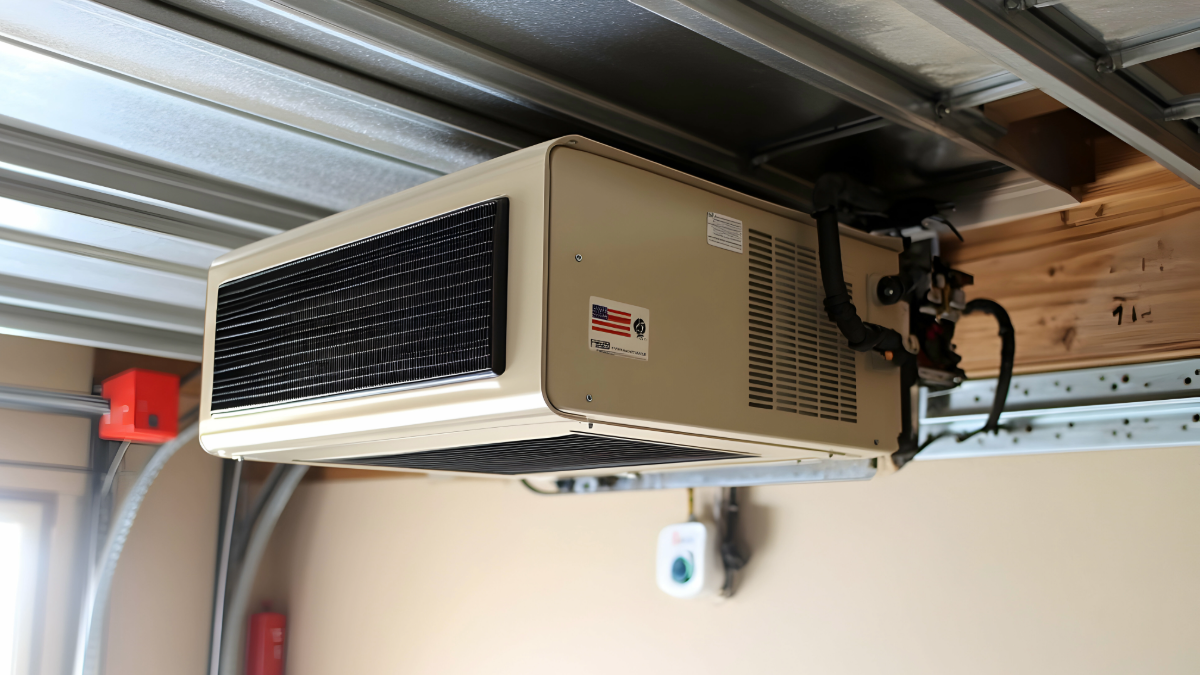An air conditioning is an HVAC appliance that uses electricity to function efficiently. However, due to extensive usage and external damage, the appliance cannot perform efficiently unless you contact a reputable company in Wesley Chapel, FL air conditioning regular maintenance services.
One way to know whether your system’s efficiency is declining is through the sounds or noises your air conditioner gives off while working. If you can detect these noises and contact a technician, you can control your energy bills and enhance the efficiency of your system.
8 Common Noises an AC Makes
Banging Noises
A banging noise indicates a problem with the compressor. Moreover, banging noises can also be due to loosening parts in the air conditioner due to old age or less maintenance. Loose parts or screws may hit the system inside and create a banging noise.
Screeching Noises
A screeching noise is extremely irritating and agitating for air conditioner owners. This noise is often due to problems with the fan blades of your air conditioner. The fan blades may be running against each other, causing a screeching sound while the system works.
Humming Noises
A humming noise is not easy to detect as it is almost inaudible. Owners often catch this noise when the problem with the contactor relay switch reaches its peak. You should try to detect this noise at the earliest so that you can timely contact your technician for AC repair in Wesley Chapel, FL.
Buzzing Noises
A buzzing noise can be due to several reasons. One reason could be that an insect, like a bee, entered your air conditioner through the vents and cannot escape outside. Another reason could be unbalanced copper blades in the outdoor unit and refrigerant leakage.
Rattling Noises
A rattling noise has similar reasons to that of a banging noise. Loose parts, leaves, twigs, and other external objects can create this noise in your air conditioner if they somehow enter it. However, a malfunctioning compressor also makes a rattling noise when the system works.
Clicking Noises
A clicking noise is common when you start using your air conditioner at the beginning of summer. However, if the clicking noise does not go away after a few days, it may indicate a malfunctioning thermostat. Contact a technician to inspect your thermostat.
Hissing Noises
The most common reason for a hissing noise is a leakage in the vents or refrigerant. If you notice this noise, you should inspect your ducts for leakages and try to seal them temporarily while a technician arrives.
Bubbling Noises
The drain lines connected to your air conditioner create a bubbling noise when leaks or cracks occur. Tackling drain line problems is the work of a professional technician, so you should wait till they arrive.
Conclusion
All air conditioners trouble their owners at least once in its working cycle. All air conditioner owners should have an AC company in Wesley Chapel, FL to help them in unexpected situations.
Custom Air Conditioning & Air Quality LLC is your best partner for all types of air conditioner problems. Our skilled technicians will handle your HVAC problems efficiently and at competitive prices. Contact us at (813) 641-4889 to know more about our working process.






